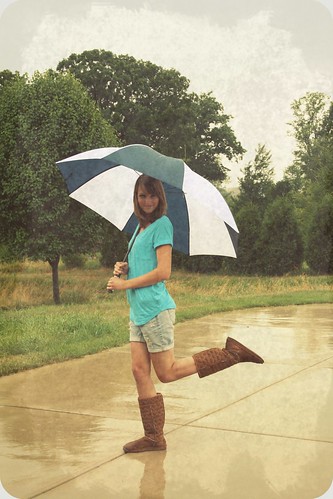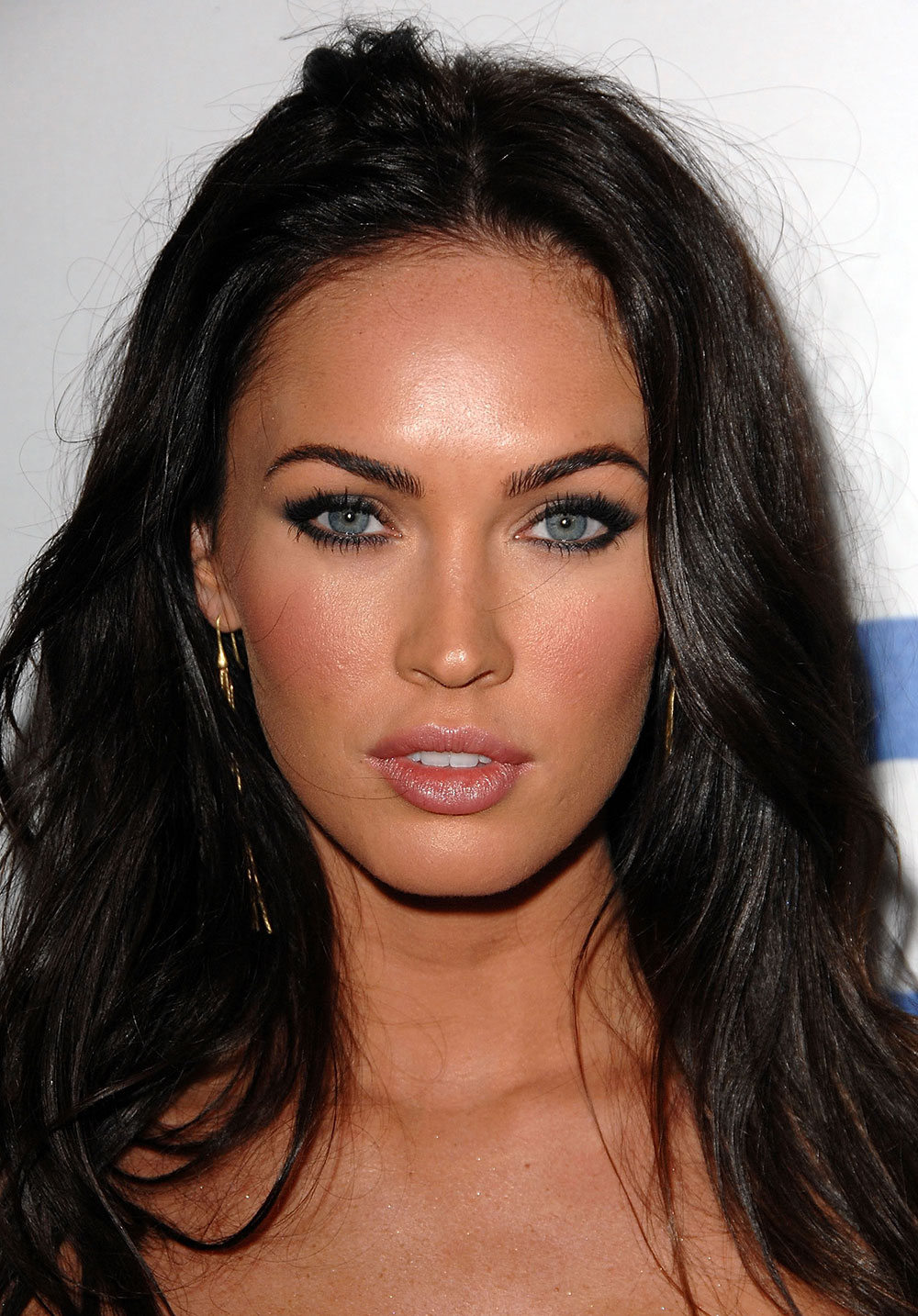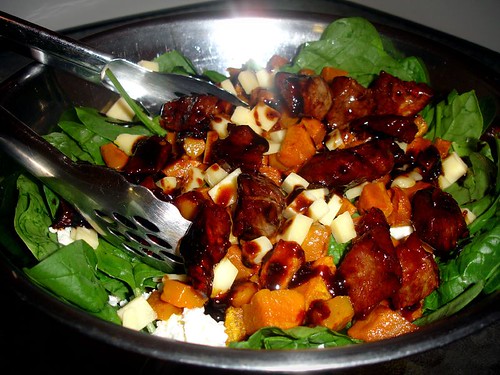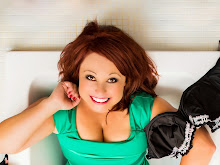Guest Post- Amanda and her story on Post Natal Depression
I was asked to other day “What is depression like?” by someone clearly interested, but with no experience of it.
How do you explain depression? It’s so different for each individual, and my experience is my own experience, based on, well, my own experiences. My particular life stage, too, is (was back then) similar to some, but different to many.

In hindsight, I guess I ‘suffered’ depression during my teens and early twenties. But my conscious experience of it was during my first pregnancy and for the first 18 months or so of my son’s life. I’ve had moments since, but it is this period that is most pertinent to me.
To explain it to someone who has no experience of it, the simplest explanation is to liken it to the Dementors in the Harry Potter series by J.K. Rowling. They’re described as having the ability to suck “all the happiness and hope out of the world” and leaving you feeling like you “will never be cheerful again”.
Only with the Dementors, everyone feels the same. The world goes black and dark and cold. The world suits your mood and your feelings and your thoughts. You feel safe in your despair.
Depression leaves you feeling alone and unsafe. Your cold, dark black world is not matched by the smiling faces of your family and friends telling you how gorgeous/clever/funny your baby is. Nor by the intensely blue sky and radiant sunshine. Your cold, dark, black world sits, unaccompanied, in a warm, bright, cheerful place.
It doesn’t fit.
My understanding of depression at the time was that it was characterised by a powerful sadness.
I didn’t feel sad.
I felt frustrated. Extremely, uncontrollably frustrated.
I’d had a non-textbook birth, a ‘natural’ labour ending in an emergency caesarean. Thus commenced my doubts about my abilities to be a good mother. Or any sort of mother at all. I hadn’t “given birth” to him, so how could I be his mother?
To compensate, I read all the books. I had to do this right, to be the best mother I could be. I had to do it by the book; to get everything right.
I also had a non-textbook baby. He slept through from a week old. I had no breastfeeding issues. He didn’t need to be held close to me and was happy lying on the floor, or sleeping in his cot.
The result of this was the lack of understanding from those around me. What could I possibly have to be worried/concerned/sad/frustrated/angry about? At least I had a “good baby”.
My frustration compounded, I had no release for my anger or angst. I had no one to turn to, no help or support from relatives, and an amazing husband who could do nothing right. Because I wouldn’t let him. I found fault with everything he did, try as he might.
The darkness that set over me, the bleakness and blackness was not sadness or despair. My thoughts were consumed with death. Mostly my own. Sometimes others.
I would become frightened that people would die. Just drop dead. The phone would ring, and when I answered I was overwhelmed with visions of the person on the other end dying. Sometimes just … dying. Other times in horrific, bloody accidents. Or illnesses.
Mostly, my world was overwhelmed by how I could stop my life. My drive out to uni, along a freeway, consisted of checking out every pole, every tree, every truck. I wondered if I should drive in front of one and brake, or turn into the path of another.
Preparing meals gave me something to focus on, to control. It was monotonous, yet purposeful. And flooded with visions of the knife sliding the length of my forearm and the blood running down my arm as I continued to slice the carrots.
My analytic mind, perhaps in an attempt to gain any sense of something tangible, would attempt to calculate how long before I collapsed, died, someone found me. Would they find me before I died? And how would they react.
Long, warm baths, infused with determining how long I would need to hold my head under before I drowned, and whether my body, in an attempt to survive, would force me back up, or if my mind would override this instinct were a regular occurrence.
Under this blackness, underlying these thoughts and feelings, I had retained, although I didn’t know it, an ability to see the funny in all situations. I did see a GP who diagnosed me, at 10 months post partum, with depression. I’d gone for a routine pap smear, and burst into tears. She immediately had me referred to a psychologist, where I contemplated a frivolous discussion about my stressful life, but when she came back to me, coffee in hand, I confessed.
I was prescribed anti-depressants and weekly counselling. The combination dulled the black; the suicidal thoughts stopped, and I found humor in my life again. I could see my inability to muddle together a cup of instant coffee was no reflection on my ability to parent. My birthing experience had also shown me that things happen, and everyone has their own story, experiences and beliefs. None of them are wrong, they just are.
A miscarriage, another baby boy, a degree, a business and yet another baby boy later, I still can’t manage some mornings to make a proper coffee, but I can laugh at it. Just as I can laugh at the ridiculousness of the situations I sometimes find myself in.
The Dementors do attempt a visit sometimes, but Mad Cow (so named by my husband) has the ability to laugh them off.
My motto: If you don’t laugh, you’ll probably slit your wrists.
It’s true for some, and was for me. However, as dark and humorless as those times were, I am thankful for them, because they have made me a more resourceful, compassionate and empowering person. Not just to my family, but to many.
If you are feeling anything like this please see your G.P or go to
Beyond Blue.
If you feel like you just want to have a Wah Wah and not get judged then I HIGHLY RECOMMEND you go to Real Mums. It's a place you can go and be free to talk about whatever you want too. Have a whine about your kids or whoever, you don't have to feel like your are a shit parent because you let your kids sit in front of a TV or you don't play with them enough.
YOU'RE REAL AND YOU'RE YOU AND THAT'S OK!

















